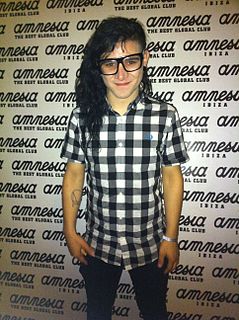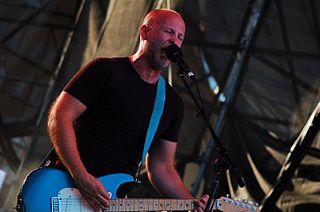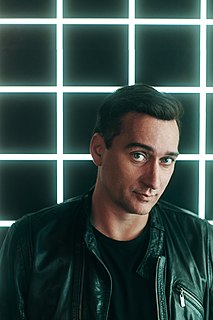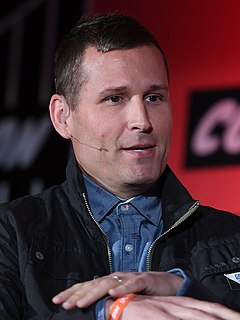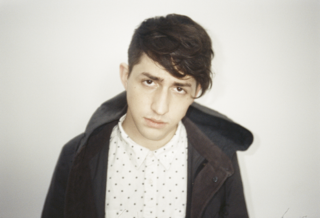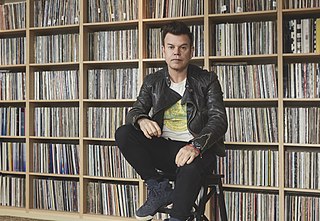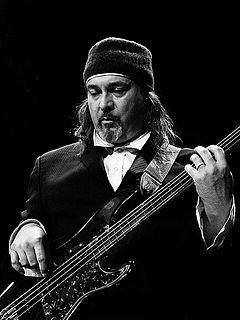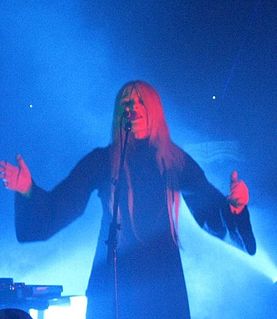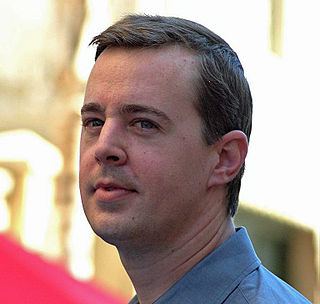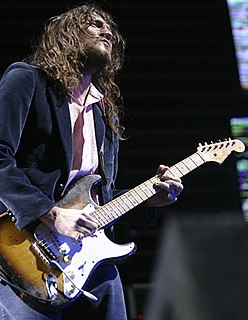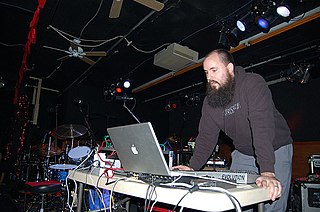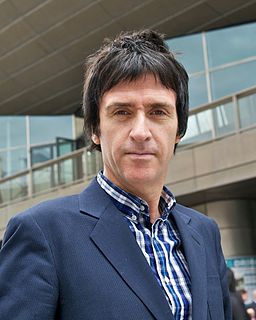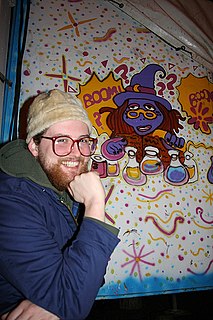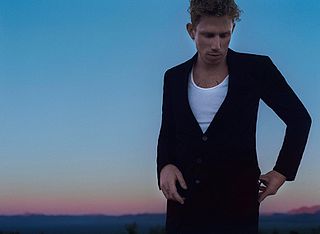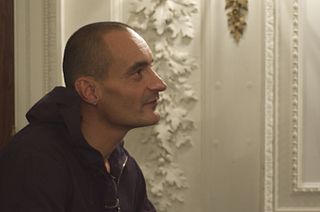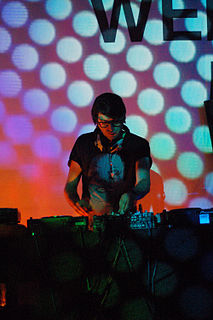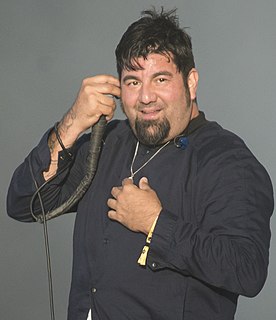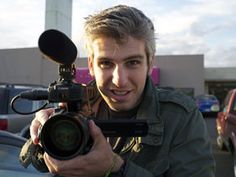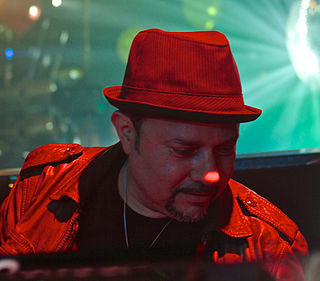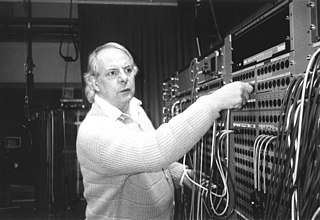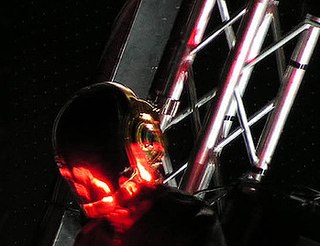Top 1200 Electronic Music Quotes & Sayings
Explore popular Electronic Music quotes.
Last updated on April 14, 2025.
The place of electronic music, culturally and socially, is today completely different - it is now everywhere, and it has been totally accepted. Consequently, there is now a younger generation that is more focused on making great electronic music, good parties, and having fun, where there is not any more so much need for cultural and ideological statements in electronic music itself.
With the violin, for example, one understands culturally that the sound comes from the instrument that can be seen. With electronic music, it is not the same at all. That's why it seemed so important to me, from the beginning of my career, to invent a grammar, a visual vocabulary adapted to electronic music.
I'm trying to fly the flag for the days of electronic music where people who are making it are also building the gear because that was what was happening in the very early days of electronic music. And that spirit is one of the things that really appeals to me about electronic music so I'm putting this forward as a way to keep that.
It's very strange how electronic music formatted itself and forgot that its roots are about the surprise, freedom, and the acceptance of every race, gender, and style of music into this big party. Instead, it started to become this electronic lifestyle which also involved the glorification of technology.
When I was in London I found house music and techno, and I love that s - t. It's my go-to music. It's the closest for me to the old funk of James Brown and the repetitive dance music that I like from the soul music. I'd love to do a live album, like a little bit old school but still progressive, influenced maybe by more electronic music. I like everything, but I don't know anything about music. So it comes in to a lot of different ingredients.
Our intention is to develop more subtlety in contemporary electronic sounds. We don't like nostalgic projects. We have disparate interests and many philosophical concerns. In the past 10 years, I have realized music in the classical tradition - I have composed for strings, brass, and electronic, and alp-horn!
People always focus on people like me who use synthesizers, right, which are explicitly electronic and therefore obvious. "Ah, yes, that's electronic music." But they don't realize that so is the concept of actually taking a piece of extant music and literally re-collaging it, taking chunks out and changing the dynamics radically and creating new rhythmic structures with echo and all that. That's real electronic music, as far as I'm concerned.
I had invented my own system, my own way of making electronic music at the San Francisco Tape Music Centre, and I was using what is now referred to as a classical electronic music studio, consisting of tube oscillators and patch bays. There were no mixers or synthesizers. So I managed to figure out how to make the oscillators sing. I used a tape delay system using two tape recorders and stringing the tape between the two tape machines and being able to configure the tracks coming back in different ways.
America and Europe are getting closer to each other. In the U.S. you've always had hip - hop, the blues, soul, and rock. For the last decade, there has always been a lot of electronic music in Europe. When I was just at Coachella, I noticed how the music they play there has become electronic, techno, deep house, more European - so I think it's more similar than before.
In some ways it's hard to see electronic music as a genre because the word "electronic" just refers to how it's made. Hip-hop is electronic music. Most reggae is electronic. Pop is electronic. House music, techno, all these sorts of ostensibly disparate genres are sort of being created with the same equipment.
The spirit of Burzum never changed, but my ability to make music changed dramatically when I was imprisoned. It is more or less impossible to record music in prison, and the only music I could record was electronic music, when I was allowed to have a synthesizer for a few months in 1994 or 1995 and in 1998.
